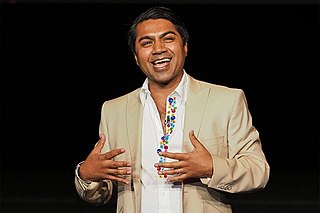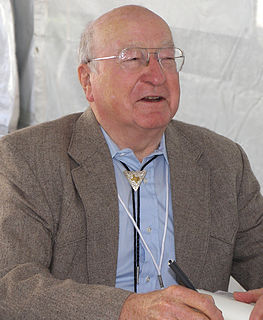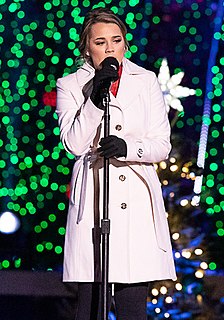A Quote by Jane Lindskold
Sometimes I write less than I'd like but do research. Other times, editor's notes or a copy-edited manuscript or page proofs for a forthcoming novel mean that I need to put my attentions elsewhere for a day or two, but I always come back to writing.
Related Quotes
Objectifying your own novel while writing it never really helps. Instead, I guess while you're writing you need to think: This is the novel I want to write. And when you're done you need to think: This is what the novel I wanted to write feels like and reads like and looks like. Other people might call it sweeping or small, but it's the book you chose.
In my head, the 5 issues of A Spoon Too Short comprise one novel: a 100 page graphic novel sequel to Douglas' two Dirk books, taking some of the ideas he was working on before he died, and a whole bunch of new stuff from me and a little from Max Landis (who is the Executive Producer on the book as well as writing the forthcoming TV series).
Every day is still exciting. I have like a very good system worked out with my editor. Some directors are in there every day, sitting there in the room with the editor. I lose perspective incredibly quickly, and so what I do is I watch...I come in the room and give very specific notes and then I go back to my house or in my office and I watch the dailies.
I realized Michael was right. I mean, I am always writing in this journal. And I do compose a lot of poetry, and write a lot of notes and emails and stuff. I mean, I feel like I am always writing. I do it so much, I never even thought about it as a talent. It's just something I do all the time, like breathing.
I don't like to think in terms of writing ten or twelve pages a day. Usually I'm writing a scene, and it's always with the idea, "I wonder what is going to happen." Or sometimes I write about something that affected me emotionally the day before and that I don't want to lose. I'm very unorganized at first; but finally it comes into a structure where consciously I'm working on a novel per se.
I think being an editor really helped me take other people's notes on my writing. I'd get a note like 'It's too wet' or 'The first couple chapters are good, but then the rest of the pages were so wet that they were completely illegible' or 'Did you dip this in Sprite? This smells like Sprite. Why would you dip your novel in Sprite?' And instead of pushing back, I'd listen. That's an incredibly important skill for a young writer to have.





































